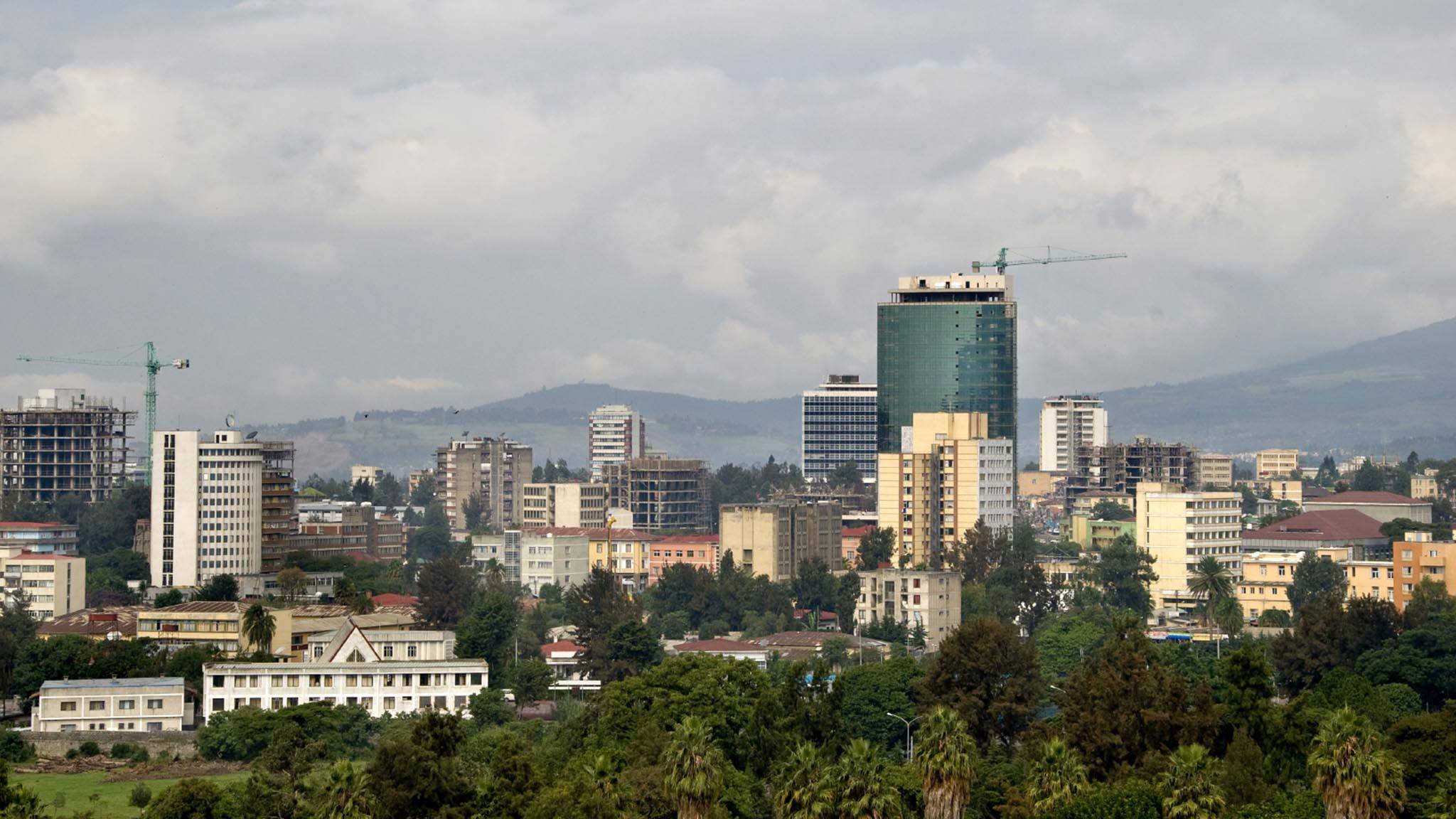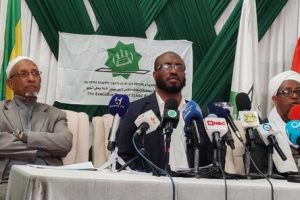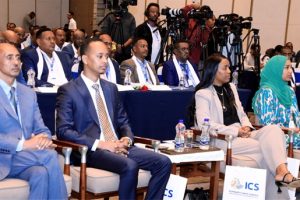
As a nation is in transition period, it is common to see some infamous individuals trying to get much bigger say in the issue of Addis Ababa which should not have been one of the country’s controversial political agendas in the first place considering the laws of the country, experts so remarked.
Following the announcement of the 13th round condominium houses winners by drawing lots on March 6th, 2019, public outrage sparked across the State of Oromia claiming the houses have been built on the lands of displaced and neglected Oromo farmers.
Temesgen Tessema, a Law Lecturer at Wollo University, says absence of appropriate and enforced regulations, misinterpretation and wrong application of existing laws are the root causes of the current Addis Ababa’s controversy. He further says that the residents of the capital have the full right to administer the city up on article 49 of the constitution. He, however, notes that for many years, the constitution has not been respected as the city has been ruled by officials who have been appointed by the ruling coalition without the consent of the inhabitants.
Entirely agreeing with Temesgen, Addis Ababa University Law Lecturer Dr. Sisay Mengiste adds that sub article two and five of article 49 of the constitution state that the city residents have full right to self administration and the State of Oromia will have special interest in the capital in which the particulars for both laws to be determined by law. “The major problem to the controversy is absence of collaborative proclamation that directs the full implementation of the articles cited as ‘particulars shall be determined by law’.” In relation to the special interest of the State of Oromia in Addis Ababa, Temesgen notes that there is a misinterpretation and an attempt of misapplication of this right by some elements.
The article is mainly enacted in the constitution in a view to ensuring fairness in the utilization of natural resources, economic and political matters as the capital is located in the State of Oromia, he adds. Among others, the draft proclamation demands the Addis Ababa City Administration to incorporate the State of Oromia’s public servants who live in the capital in condominium houses project.
On March 9, 2019, the federal government announced that it has organized a committee that comprised eight members from the Ministry of Peace, Addis Ababa City Administration and Oromia State to put an end the quarrels related to some administrative boundaries between the city administration and the State.
Dr. Sisay says; it is better to examine the capability of the already established Border and Identity Commission giving responsibility to solve this conflict as its formation is to solve such border cases rather than forming another committee that demands extra costs. “It is better if the premier ceases the function of the committee and gives the responsibility to the commission.” By the same token, concerned parties shall admit their claims to the House of Federation so that the house would pass its decision, Temesgen recommends.
“I think, they might not take the case to the house as it would decide the real location of the city that includes even the outskirt localities to the capital”. Citing Belgium’s case, Dr. Sisay for his part states that Brussels was once a debate similar to Addis. But they solved it through law and regulations. Different language speakers surrounding the capital are now living peacefully there, in fact, Brussels lastly became a state.
Switzerland also once faced similar problem but solved it through discussion. “They once approved a law then they apply it through rules and strategies, no need of conflict! I hope we would do the same.” Both experts convey that the nation should draft a policy that would implement the constitutional special interest. Therefore, the regulation would help to elaborate the right meaning of the articles in the constitution.
It seems the matter has been difficult to understand not only by the general public but also policymakers. The complication of the relationship between the city administration and the Oromia regional state has caused some to think of Addis Ababa as federal territory in which Oromia Regional State only has a special interest. Many others consider, neglecting the constitutional statement, Addis Abeba as a City State accountable only to the federal government, with no strings of interests attached to it from Oromia Regional State.
On the other hand, some people still call for a constitutional amendment to make the city accountable to the regional state. Addis Ababa’s labyrinthine status as a self-governing but federally administered city was further complicated by its geographic location. It is both the capital city of Ethiopia and Oromia state. Not only is Addis Ababa a historic Oromo land, by virtue of its location at the heart of Oromia, the city is an integral part of the state – one among other cities in the region.
For significant number political commentators, Oromia has legal, administrative and territorial jurisdiction over Addis Ababa aka Finfinne just like any other city in the state. This is why the “special interest of the State of Oromia” is an absurd conception from the very beginning. It begs the question: Why prescribe a special interest when the city is part and parcel of the state? This was further exacerbated by Addis Ababa’s uncontrolled and unprecedented spatial expansion over the past two decades and a half.
The Ethiopian Herald, March 19/2019
BY YOHANES JEMANEH





